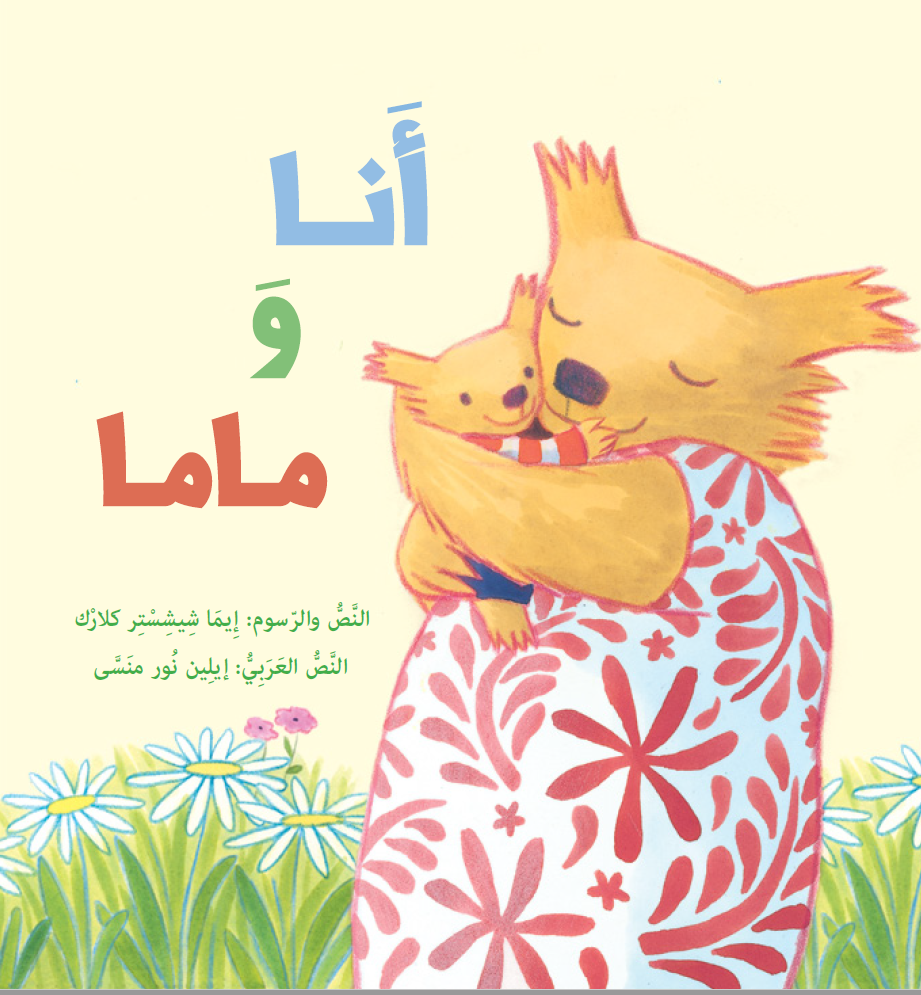
Hum’s (Ambr’s in the Arabic version) mom is the center of his world and he loves doing so many different things with her. But one day she is busy and doesn’t have time for him, so he decides he can be busy, too. A story that encourages creative shared play between children and parents.



